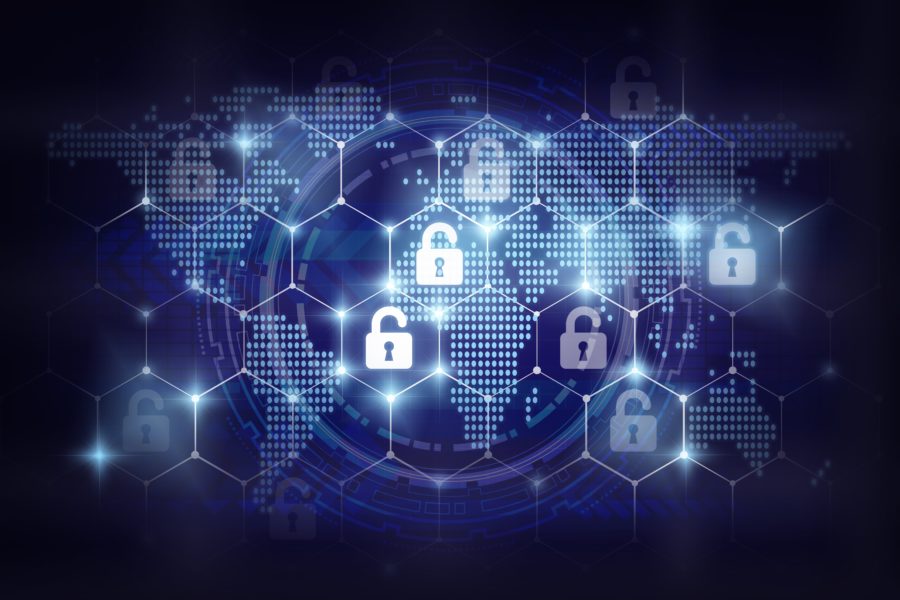The article includes a short history of cybercrime and cyber law. The author highlights the difference between cybercrime and cyberwar. In addition, the paper discusses what cyber security means to every organization. Lastly, the author describes how cybercrime is becoming more difficult to combat as technology advances, while cyberwar presents many challenges.
Regarding the law, the Internet has become a global phenomenon. From the United States to Europe to China, rules are constantly being updated and enforced worldwide. That’s why it’s important to know the international cyber law that applies to you. Are you thinking about doing business in another country? Or maybe you’re already there. It’s important to understand the international cyber law that applies to you.
As technology advances and global issues become increasingly complex, international law has been left behind. In today’s world, international norms are largely dependent on informal understandings between governments and non-governmental organizations. These non-governmental organizations include civil society groups and the private sector. But as we know, these informal agreements are not always based on a legal or ethical framework.

What is cyber law?
Cyberlaw, also known as cyberspace law, is the rules and regulations governing online activities. Cyber law refers to the principle of internet activity by national governments, including content made available via the Internet, including e-commerce.
Cyber law encompasses many different areas, including:
• Privacy
• Intellectual property rights
• E-commerce
• Information security
• Content moderation
• Digital currencies
• Government surveillance
• National security
• Online safety
While it’s true that most countries do have some form of cyber law, it’s not always enforced. That’s why you need to know what cyber rules apply to you and how they affect your business.
Cyber law and the Internet
Cyber law is a set of rules that govern how the Internet is used and managed. It includes data protection, intellectual property rights, privacy, and cybersecurity. Cyber law initially seems daunting, but it’s quite straightforward once you understand it.
The good news is that most countries have some form of cyber law, and it’s possible to comply with it while still running your own business. If you plan on doing business on the Internet, you should familiarize yourself with the international cyber law that applies to you.
How to protect yourself online
You may have heard the expression “know your enemy” and assumed it meant you should study the strategies of your online opponents. The truth is, you don’t need to review your enemies. Instead, you need to know how to protect yourself online.
Cyber law in the United States
The U.S. is a global leader in digital innovation and cyberspace law. The United States is also home to the world’s largest concentration of IT companies. As a result, it has become the most important hub for technology development and innovation.
To protect their businesses, American corporations must understand and abide by the international cyber law that applies to them. Here are five of the most relevant international cyber laws that you’ll need to know as you start building your business overseas:
International Cyber Security
We live in a world where the Internet is a global phenomenon. From the United States to Europe to China and beyond, laws are constantly being updated and enforced worldwide. That’s why it’s important to know the international cyber law that applies to you.
Many countries and regions have different cyber laws, so it’s important to understand what applies to you when you visit another country. Let’s take a look at the cyber laws of the world. Cyber Laws in the U.S. The U.S. has one of the most strict cyber laws in the world. It’s very easy for someone from another country to accidentally break one of the rules, especially if they don’t speak English.
Frequently Asked Questions International Cyber Law
Q: What are some of the biggest challenges in creating global online policies?
A: Many countries worldwide have very different cultures and languages. This makes it difficult to enforce international policies and laws on the internet.
Q: What are some of the most critical internet issues to understand?
A: The internet has allowed us to communicate with anyone worldwide. As a result, many countries want to do bad things on the internet. One example is when children send personal information to strangers.
Q: What are some of the biggest challenges in creating global online policies?
A: Many countries worldwide have very different cultures and languages. This makes it difficult to enforce international policies and laws on the internet.
Q: What are some of the most critical internet issues to understand?
A: The internet has allowed us to communicate with anyone worldwide. As a result, many countries want to do bad things on the internet. One example is when children send personal information to strangers.
Top 7 Myths About International Cyber Law
1. There are no laws that govern the Internet.
2. The Internet is a lawless place.
3. Governments can regulate the Internet.
4. There is no way to stop illegal content on
5. Cyber laws are a mystery to most people.
6. There’s no time to get caught up on the basics.
7. I need to focus on my own company and ignore this stuff.
Conclusion
The Internet has become an essential part of our lives. Many of us use it daily for personal and professional reasons. We also use it to trade goods and services with other people and companies. This means that laws governing the Internet, known as cyber law, are relevant in many areas of our lives. This is because the Internet is not just a tool for personal gain. Governments can also use it to collect information and spy on their citizens. As a result, many countries have begun to draft and implement legislation to govern cyber law. Some of these laws are still in draft form, while others are already implemented in some parts of the world.






